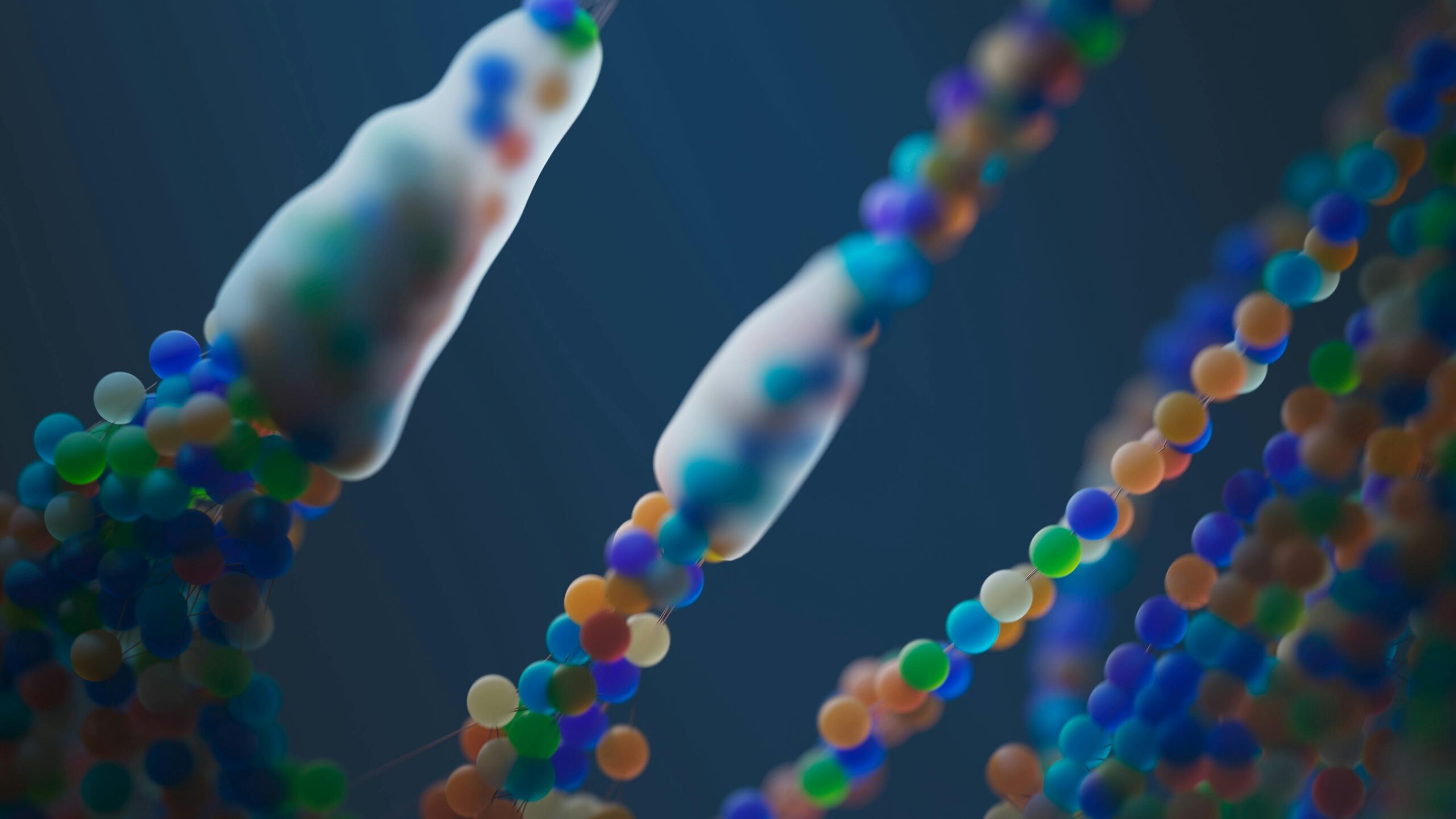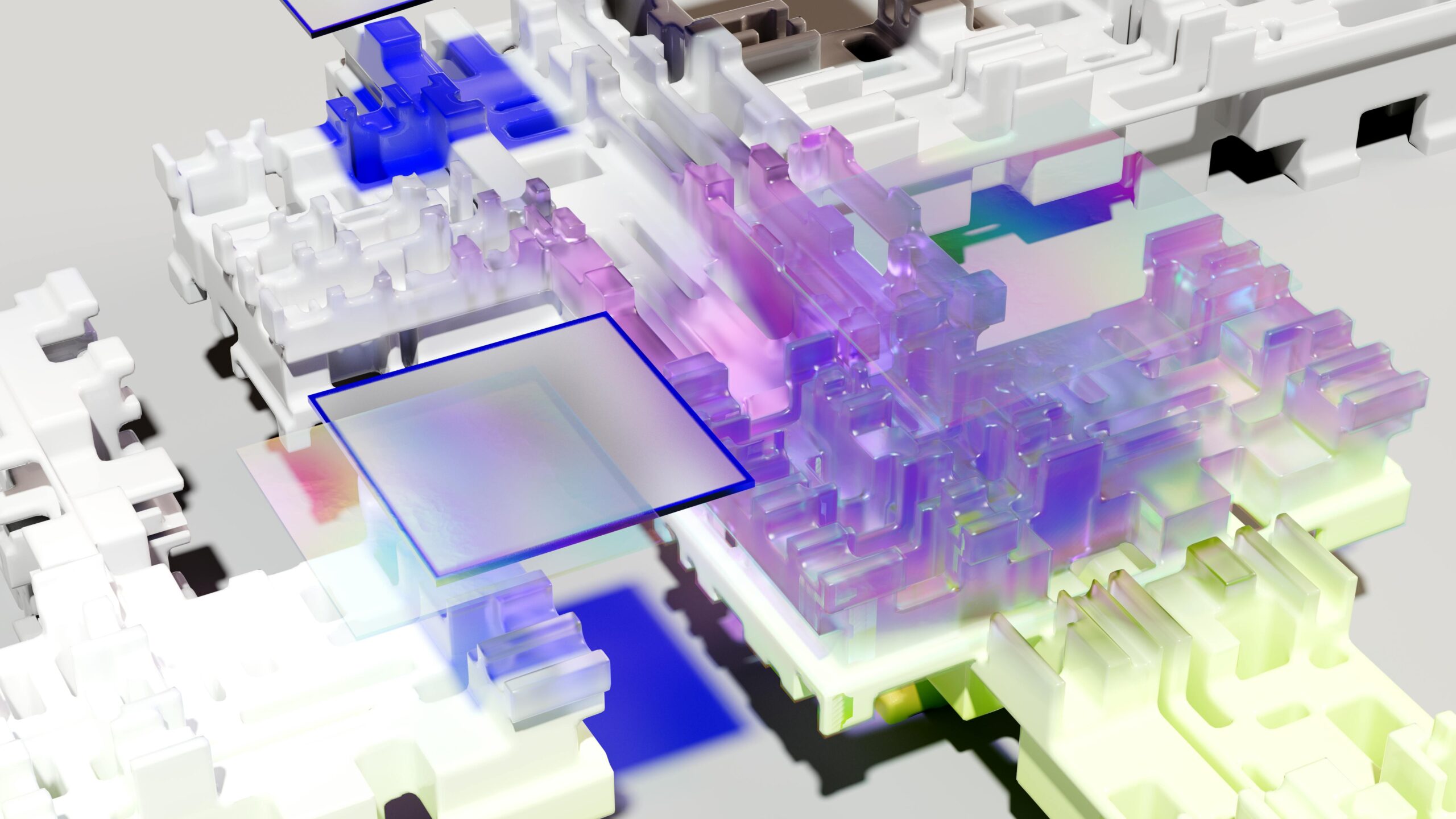The rapid advancement of genetic testing has made DNA data more accessible than ever, yet this breakthrough carries profound privacy implications. As millions share their genetic blueprints with commercial companies and research institutions, the question of who controls this most intimate information becomes increasingly urgent.
Your genomic data is unlike any other personal information—it’s permanent, predictive, and shared across your family tree. While traditional data breaches might compromise your credit card or social security number, genomic data exposure could affect not just you, but your relatives, descendants, and entire communities for generations to come.
🧬 The Genomic Data Revolution and Its Hidden Costs
The consumer genomics market has exploded in recent years, with companies offering everything from ancestry insights to health risk assessments for less than the cost of a dinner out. This democratization of genetic information has empowered individuals with unprecedented knowledge about their biological makeup, predispositions to diseases, and ancestral origins.
However, this convenience comes with significant trade-offs. When you submit a saliva sample to a testing company, you’re not just sharing your current health status—you’re revealing your future disease risks, potential responses to medications, and genetic vulnerabilities that could be exploited by insurers, employers, or malicious actors.
The permanence of DNA data distinguishes it from conventional personal information. You can change your password, cancel your credit card, or even alter your social security number under extreme circumstances. Your genetic code, however, remains constant throughout your lifetime and beyond.
The Scope of Genomic Data Collection
Today’s genomic databases contain information from tens of millions of individuals worldwide. Direct-to-consumer genetic testing companies have amassed DNA profiles that rival government databases in size and scope. Research biobanks, hospital systems, and pharmaceutical companies maintain additional repositories, creating an interconnected web of genetic information that extends far beyond what most consumers realize when they first spit in that tube.
This data isn’t stored in isolation. Genomic information is frequently linked to medical records, demographic data, lifestyle information, and increasingly, data from wearable devices and health apps. This integration creates comprehensive biological profiles that paint detailed pictures of individuals and populations.
🔒 Privacy Challenges in the Genomic Age
The unique characteristics of genomic data create privacy challenges that traditional data protection frameworks struggle to address. Unlike other biometric identifiers, DNA reveals information about individuals who never consented to testing—your relatives share approximately 50% of your DNA if they’re parents or siblings, 25% if they’re grandparents or aunts and uncles.
Re-identification Risks and Anonymization Failures
One of the most persistent myths in genomic research is that anonymized genetic data adequately protects privacy. Studies have repeatedly demonstrated that combining anonymized genomic data with publicly available information can re-identify individuals with surprising accuracy.
Researchers have successfully identified individuals by cross-referencing genomic databases with genealogical records, social media profiles, and even public records like voter registrations. In several notable cases, law enforcement has used genealogical databases to identify suspects through their relatives’ DNA, raising questions about whether anyone can truly consent to such uses on behalf of their family members.
Third-Party Data Sharing and Commercial Interests
Most consumers remain unaware of how extensively their genetic information may be shared. Privacy policies for genetic testing services often grant broad permissions for data sharing with research partners, pharmaceutical companies, and other third parties. While companies typically claim data is anonymized before sharing, the re-identification risks discussed above make such assurances increasingly hollow.
The commercial value of genomic databases has attracted significant corporate interest. Genetic testing companies have partnered with pharmaceutical giants, sold access to their databases, or even been acquired primarily for their genetic data assets. These transactions often occur with minimal notice to the individuals whose data comprises these valuable repositories.
⚖️ Ethical Dilemmas in Genomic Data Management
The ethical landscape surrounding genomic data is complex and evolving. Traditional bioethical principles—autonomy, beneficence, non-maleficence, and justice—take on new dimensions when applied to genetic information that affects multiple generations and reveals information about non-consenting relatives.
The Family Dimension: Whose DNA Is It Anyway?
Perhaps no ethical challenge is more vexing than the familial nature of genetic information. When you share your DNA, you’re inevitably sharing information about your parents, siblings, children, and extended relatives. This reality challenges the fundamental principle of individual consent that underpins most privacy frameworks.
Consider a scenario where an individual discovers through genetic testing that they carry a mutation associated with hereditary cancer. This information has obvious implications for their relatives, but do they have the right—or even the obligation—to share it? What if family members explicitly don’t want to know their genetic risks?
Discrimination and Genetic Determinism
The potential for genetic discrimination represents another profound ethical concern. While laws like the Genetic Information Nondiscrimination Act (GINA) in the United States provide some protections, significant gaps remain. GINA doesn’t cover life insurance, disability insurance, or long-term care insurance, leaving individuals vulnerable to discrimination based on their genetic profiles.
Beyond formal discrimination, genetic information can foster harmful deterministic thinking. Genetic predispositions are often probabilistic rather than deterministic, yet people may face stigma or make life-altering decisions based on incomplete understanding of their genetic risks.
Research Ethics and the Common Good
Genomic research promises tremendous benefits—personalized medicine, disease prevention strategies, and fundamental insights into human biology. These potential benefits create ethical tensions between individual privacy rights and collective good.
Researchers argue that broad data sharing accelerates discovery and maximizes the social value of genetic research. Privacy advocates counter that these benefits shouldn’t come at the cost of individual autonomy and dignity. Finding the right balance requires ongoing dialogue between researchers, ethicists, policymakers, and the public.
📋 Consent Management: Current Approaches and Limitations
Traditional consent models, developed for simpler medical interventions, struggle to accommodate the complexity and longevity of genomic data. Most genetic testing services rely on one-time consent obtained when individuals first submit samples, but this approach fails to account for evolving uses of data, changing privacy preferences, and unforeseen future applications.
The Problem with One-Time Consent
When you agree to terms of service for a genetic testing company, you’re often consenting to uses of your data that haven’t even been imagined yet. Technology evolves, research priorities shift, and corporate ownership changes—all while your consent remains frozen at that initial moment of agreement.
This “consent once, use forever” model is particularly problematic given that most consumers don’t carefully read lengthy privacy policies and lack the technical expertise to fully understand the implications of their consent. Studies consistently show that people significantly underestimate how their genetic data might be used and shared.
Broad Consent Versus Specific Consent
The genomics community has debated whether broad consent (agreeing to unspecified future uses) or specific consent (approving each particular use) better serves participants’ interests. Broad consent enables more flexible research but provides minimal control to participants. Specific consent offers more autonomy but becomes impractical when dealing with large biobanks and diverse research projects.
Some organizations have attempted hybrid approaches, establishing ethical oversight boards to review proposed uses of data and contact participants only for particularly sensitive or unexpected applications. However, these solutions remain imperfect and unevenly implemented across the industry.
🚀 Innovative Solutions for Genomic Data Privacy
As awareness of genomic privacy challenges grows, researchers, technologists, and policymakers are developing innovative approaches to protect individuals while preserving research value. These solutions range from technical safeguards to novel governance models and legal frameworks.
Dynamic Consent Platforms
Dynamic consent represents a promising evolution beyond traditional one-time agreements. These platforms allow individuals to manage their consent preferences over time, updating permissions as their priorities change or as new research opportunities emerge.
Through user-friendly interfaces, participants can specify which types of research they’re willing to support, receive notifications about how their data is being used, and even withdraw consent for future uses (though data already incorporated into published research typically cannot be retracted). This ongoing engagement transforms consent from a singular transaction into a continuing relationship between researchers and participants.
Privacy-Enhancing Technologies
Technical innovations offer powerful tools for protecting genomic privacy without completely restricting access to valuable data. Several approaches show particular promise:
- Homomorphic encryption: This technique allows computations on encrypted data without decrypting it, enabling researchers to analyze genomic information without ever accessing the raw data itself.
- Differential privacy: By adding carefully calibrated statistical noise to datasets, differential privacy makes it mathematically difficult to determine whether any specific individual’s data is included in a database.
- Secure multi-party computation: This approach allows multiple parties to jointly analyze data while keeping each party’s information private from the others.
- Blockchain-based solutions: Distributed ledger technologies can create transparent, auditable records of data access and use while maintaining security and giving individuals greater control over their information.
Federated Learning and Data Localization
Rather than centralizing genetic data in massive repositories, federated learning approaches keep data at its source—with individual healthcare providers, testing companies, or even on personal devices. Algorithms travel to the data rather than vice versa, analyzing information locally and sharing only aggregated insights rather than raw genetic sequences.
This distributed approach significantly reduces the risks associated with data breaches and unauthorized access while still enabling large-scale research. However, implementation challenges and the need for standardization across institutions have limited widespread adoption.
🌍 Regulatory Frameworks and Policy Responses
Governments worldwide are grappling with how to regulate genomic data while fostering innovation and research. Existing frameworks often prove inadequate for the unique challenges posed by genetic information, prompting calls for specialized genomic privacy legislation.
Global Regulatory Landscape
The European Union’s General Data Protection Regulation (GDPR) classifies genetic data as a special category of sensitive information requiring enhanced protection. The regulation grants individuals rights to access, correct, and delete their personal data, though exceptions for research complicate straightforward application to genomic databases.
In the United States, regulation remains fragmented. GINA provides limited protections against genetic discrimination in health insurance and employment, while the Health Insurance Portability and Accountability Act (HIPAA) covers genetic information held by healthcare providers but not direct-to-consumer testing companies. This patchwork approach leaves significant gaps in protection.
Other countries have adopted diverse approaches, from strict limitations on genetic testing and data sharing to relatively permissive frameworks that prioritize research and innovation. This global variation creates challenges for international research collaborations and multinational companies operating across jurisdictions.
Emerging Policy Innovations
Forward-thinking jurisdictions are experimenting with novel regulatory approaches tailored to genomic data’s unique characteristics. Some proposals include:
- Mandatory genetic privacy impact assessments before establishing new databases or research programs
- Genetic information fiduciary duties, treating those who hold genetic data as having special legal obligations to protect participants’ interests
- Public genomic data trusts that democratize governance and ensure data benefits society broadly rather than just commercial interests
- Extended liability periods that hold organizations accountable for harms that emerge years or decades after initial data collection
💡 Best Practices for Individuals and Organizations
While systemic solutions remain under development, both individuals considering genetic testing and organizations handling genomic data can take concrete steps to enhance privacy protection and ethical data stewardship.
For Individuals: Taking Control of Your Genetic Information
Before submitting to genetic testing, carefully review privacy policies and terms of service. Specifically investigate how your data will be stored, who can access it, whether it will be shared with third parties, and what happens if the company is sold or goes out of business.
Consider the trade-offs between comprehensive testing services and privacy. Some companies offer more robust privacy protections at the cost of fewer features or less extensive databases for comparison. Determine which matters more for your specific needs.
Regularly review your account settings and privacy preferences. Many services have updated their policies over time, sometimes expanding data sharing or commercial uses. Stay informed about how your data is being used and exercise available options to limit sharing when possible.
For Organizations: Ethical Data Stewardship
Organizations handling genomic data should implement privacy by design, building protections into systems from the ground up rather than adding them as afterthoughts. This includes minimizing data collection to what’s truly necessary, implementing strong security measures, and planning for the entire data lifecycle including eventual destruction.
Transparency should extend beyond legal compliance to genuine communication with participants. Explain in plain language how data will be used, provide regular updates about research findings and policy changes, and create accessible channels for questions and concerns.
Establish robust ethical oversight mechanisms that include diverse perspectives—not just scientists and corporate leaders, but ethicists, community representatives, and individuals with lived experience of genetic conditions. These bodies should regularly review data practices and have authority to halt activities that pose unacceptable risks.

🔮 The Path Forward: Balancing Innovation and Protection
The future of genomic privacy will be shaped by ongoing tensions between competing values—individual privacy and collective benefit, innovation and precaution, access and control. No perfect solution exists, but we can work toward frameworks that respect human dignity while harnessing genetics’ tremendous potential for human flourishing.
Technology will continue advancing, offering both new threats and new tools for protection. As genomic analysis becomes faster, cheaper, and more widespread, the number of people affected by privacy breaches will grow exponentially. This reality makes addressing these challenges increasingly urgent.
Education and public engagement must expand significantly. Most people remain largely unaware of genomic privacy issues until they’ve already shared their data. Improving genetic literacy and fostering informed public dialogue will be essential for developing governance approaches that reflect societal values and priorities.
Ultimately, safeguarding our genomic future requires recognizing that DNA data is not just another commodity or research resource—it’s the biological essence of who we are, linked to our families and communities in ways that demand special care and respect. As we navigate this new frontier, our choices today will shape not only our own privacy but the genetic privacy of generations to come.
The genomic revolution offers extraordinary promise for understanding human health, treating diseases, and improving lives. Realizing this promise while protecting fundamental rights and dignity represents one of the defining challenges of our time. By prioritizing robust consent mechanisms, implementing strong privacy protections, fostering ethical governance, and maintaining ongoing public engagement, we can work toward a future where the benefits of genomics are widely shared without sacrificing the privacy and autonomy that are essential to human flourishing.
Toni Santos is a biomedical researcher and genomic engineer specializing in the study of CRISPR-based gene editing systems, precision genomic therapies, and the molecular architectures embedded in regenerative tissue design. Through an interdisciplinary and innovation-focused lens, Toni investigates how humanity has harnessed genetic code, cellular programming, and molecular assembly — across clinical applications, synthetic organisms, and engineered tissues. His work is grounded in a fascination with genomes not only as biological blueprints, but as editable substrates of therapeutic potential. From CRISPR therapeutic applications to synthetic cells and tissue scaffold engineering, Toni uncovers the molecular and design principles through which scientists reshape biology at the genomic and cellular level. With a background in genomic medicine and synthetic biology, Toni blends computational genomics with experimental bioengineering to reveal how gene editing can correct disease, reprogram function, and construct living tissue. As the creative mind behind Nuvtrox, Toni curates illustrated genomic pathways, synthetic biology prototypes, and engineering methodologies that advance the precision control of genes, cells, and regenerative materials. His work is a tribute to: The transformative potential of CRISPR Gene Editing Applications The clinical promise of Genomic Medicine and Precision Therapy The design innovations of Synthetic Biology Systems The regenerative architecture of Tissue Engineering and Cellular Scaffolds Whether you're a genomic clinician, synthetic biologist, or curious explorer of engineered biological systems, Toni invites you to explore the cutting edge of gene editing and tissue design — one base pair, one cell, one scaffold at a time.




